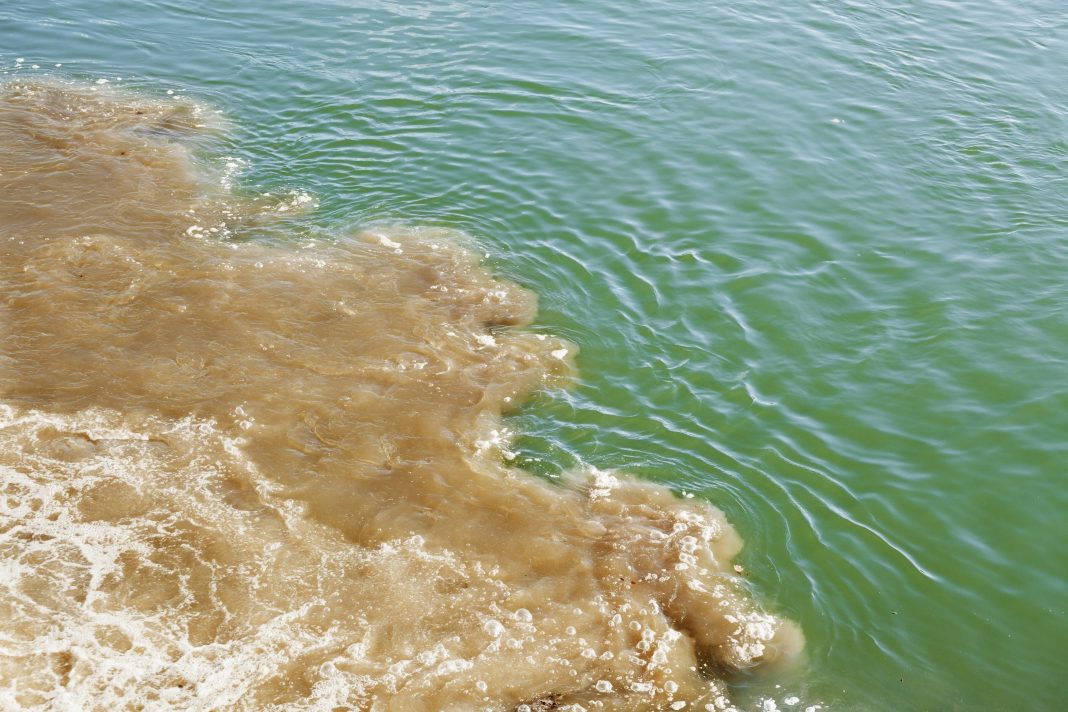Tracking water pollution, Ordnance Survey (OS) and CGI have developed a satellite AI model which can predict and identify pollution events using location data
Human waste is still regularly dumped into rivers and seas. In 2020 alone, The Guardian found that raw sewage was dumped onto beaches across England and Wales almost 3,000 times.
This creates unhygienic and dirty waters which can become dangerous for humans and the environment. Tracking water pollution, researchers from Ordnance Survey (OS) and CGI generated an AI model to remotely detect sewage overspills from space.
Remotely detecting sewage overspills from space
Using research from national mapping technology, the project is to be conducted under the SEEDS programme.
The Sustainability Exploration Environmental Data Science (SEEDS), supported by the United Nations, develop technologies and solutions for environmental protection and chemicals and waste reduction solutions.
Earth observation technology tracking water pollution events
The researchers first developed the AI and satellite tool to use in the North Devon UNESCO Biosphere reserve, which is the largest sand dune system in England.
Using multiple sources of data from sensors, the UK Environment Agency, satellites and the project partners, the AI model tracking water pollution can reduce the amount of raw sewage being dumped into public waters.
CGI’s GeoDat360 platform will oversee the AI algorithms mapping out pollution incidents.
The SEEDS programme are to have the AI model replicated and rolled out to reduce the impact of raw sewage pollution globally.
Reducing the impact of raw sewage pollution globally
Mattie Yeta, CGI’s chief sustainability officer, said: “Following a successful first phase of the project, which led to the creation of an AI and satellite tool that can predict pollution events with up to 91.5% accuracy, we are excited to launch this second phase, which provides an innovative and proactive approach to environmental management and nature protection.”
She added: “The solution will benefit farmers, governments, water companies and other stakeholders by protecting our water from pollution and contamination, which is vital for both our way of life and the life of our waterways and coastlines.”
Donna Lyndsay, strategic market lead, environment and sustainability at OS, commented: “With the innovative technical ability that both CGI and OS have in abundance, we believe we may be able to help provide actionable insights for addressing water pollution events.
“Identifying interventions to help preserve and restore our valuable habitats”
“We are looking forward to testing the AI models produced in our previous phase to see how they perform in the real world. We want to see if our work can be really used to support the biosphere needs in identifying interventions to help preserve and restore our valuable habitats.
“If successful this has the potential to support remote monitoring of UK waterways for signs of pollution using data that is objective, regularly updated, and scalable.”











